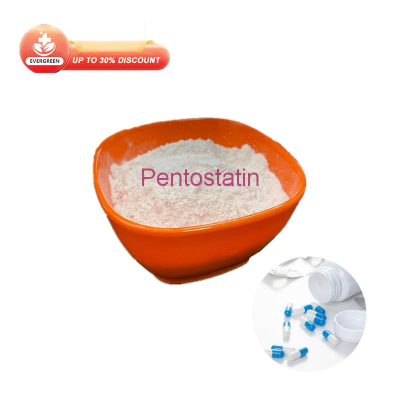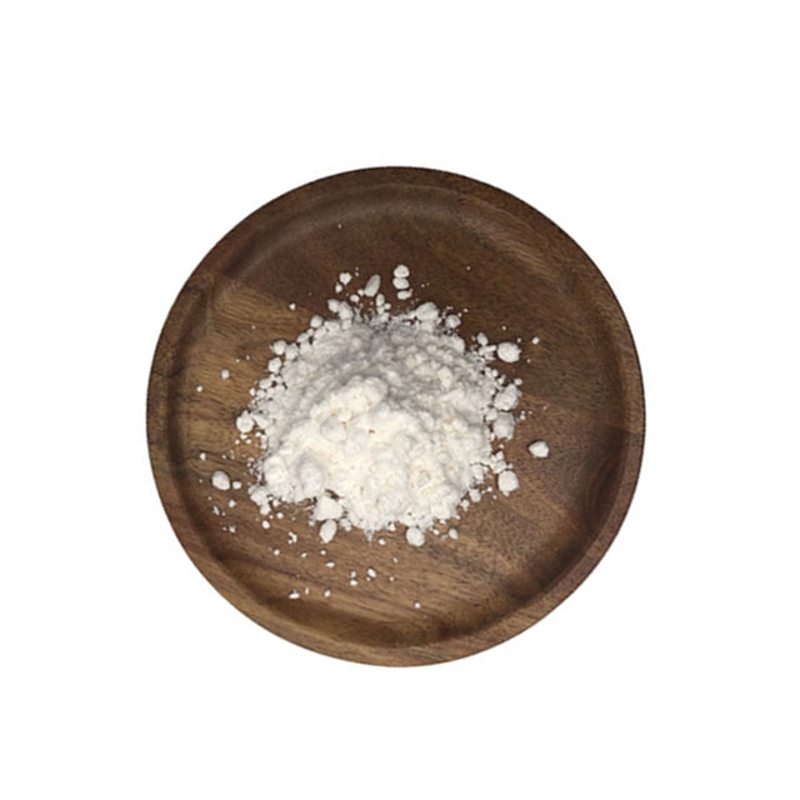-
Categories
-
Pharmaceutical Intermediates
-
Active Pharmaceutical Ingredients
-
Food Additives
- Industrial Coatings
- Agrochemicals
- Dyes and Pigments
- Surfactant
- Flavors and Fragrances
- Chemical Reagents
- Catalyst and Auxiliary
- Natural Products
- Inorganic Chemistry
-
Organic Chemistry
-
Biochemical Engineering
- Analytical Chemistry
- Cosmetic Ingredient
-
Pharmaceutical Intermediates
Promotion
ECHEMI Mall
Wholesale
Weekly Price
Exhibition
News
-
Trade Service
Surgeons often face an important question about how to plan follow-up after surgery to treat stomach cancer.
, gastric cancer treatment surgery is usually followed up for 5 years.
, however, it remains debatable how long the follow-up should last.
this study provides a retrospective analysis of the clinical pathology database of patients undergoing a cured gastric excision at a Toronto hospital from 1975 to 2010, an analysis of follow-up and recurrence rates at various stages of surgery, and a follow-up endpoint at a recurrence rate of less than 1% after surgery.
follow-up rate over time included 5,235 eligible patients.
follow-up rate over the past five years was 90.3 per cent.
the follow-up time, the follow-up rate decreased significantly: 52.7 per cent in 10 years, 38.3 per cent in 15 years and 10.3 per cent in 20 years.
850 patients (16.2%) were confirmed to have relapsed, of which 50 were relapsed after five years.
suitable follow-up endpoints for patients with different stages of postoperative survival are: IA 2 years, IB 4 years, IIA 6 years, IIB 9 years, IIIA 7 years, IV (cure) 8 years.
there is also a risk of recurrence in patients with stage IIIB and stage IIIC stomach cancer.
, the appropriate follow-up monitoring time for different stages of stomach cancer after removal may be different.
Although the follow-up time for stage I gastric cancer can be reduced to less than 5 years, there is still a risk of recurrence 5 years after surgery for advanced gastric cancer (e.g. stage III or stage IV disease), so prolonged follow-up is required.
findings may help surgeons develop postoperative follow-up plans for patients with stomach cancer.
。







